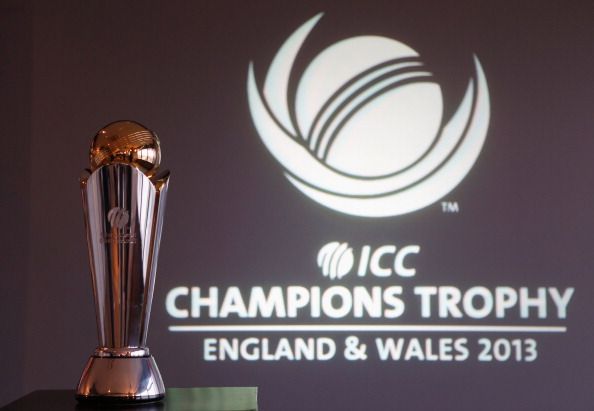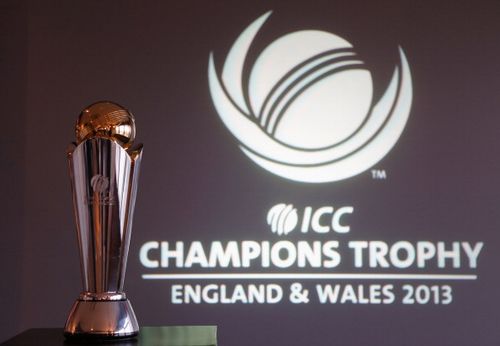
What did the Champions Trophy mean for ICC's vision?

When you have the top eight ODI teams fighting for an ICC trophy on the lawns of England, it translates to a small and action-packed tournament. The ICC Champions Trophy has always been like a smaller version of a hypothetical World Cup, wherein all seeded teams go through to the second round. But it won’t be wrong to say that ICC’s vision of making cricket a global game is sacrificed in favour of entertainment. The absence of weaker teams ensures a win-win situation for all – the audience, the hosts and the sponsors. But does it augur well for the health of cricket?
As the teams kick off the league stage today, many ‘minnow’ teams will be watching the action from the sidelines. Let us take a roll call of the absentees, to fathom the gravity of the situation.
Zimbabwe – who won an ODI trophy against Bangladesh this May.
Ireland - who gave Pakistan a great run for their money recently.
Afghanistan - the winner of the Asian Cricket Council.
Kenya and Canada - who fought a close ODI series this year.
Netherlands, Scotland, USA, Bermuda and UAE complete the list.
And I am out of names! Who else? This is the problem. Not many names have taken centre stage. If I go on to add Nepal, Denmark, PNG, Italy and Oman, few will know that I am still talking about cricket. The expansion of cricket hasn’t even taken off in the real sense. As one talks of more exposure to non-Test playing nations, the format of a tournament like Champions Trophy only pours cold water on this problem.
So how big is their absence for cricket? Do we really need more teams when we have eight great teams?
I believe we do, and, in fact, badly do. Cricket is a really popular game and, at the same time, not a very popular game. Only eight countries play it well, but the places where it is being played have a huge fan following to support its existence. The ignorance towards emerging nations is apparent. Even Sri Lanka started as a minnow island country, but went on to be a World Cup winner.
So why isn’t the ICC scheduling more David-Goliath clashes? It is because they interest very few. And as those few don’t add to revenues, their concern is not considered. When a minnow plays a strong team like India, the revenues go down a lot. The stadium turnouts are thin and sponsors shy away. To save huge losses, the ICC is trying to balance its vision of expansion with its profit-making business opportunities. Unfortunately so far, the balance of the scale has leaned towards the latter.
This is a clear case of myopic vision. An Ireland beating Pakistan goes down well for the game, even if it happens rarely – two out of ten times. So what if stadiums end up empty for those eight matches? Isn’t it a part of encouraging the minnows to make sure those two upset matches take place? If for once, Scotland beats New Zealand, it will create a buzz. And the next time Scotland plays any Goliath, more people will catch the action. More sponsors will chip in.
Where does the Champions Trophy fit in this purpose of expansion? Nowhere. Entertainment has many sources – IPL, the Ashes Test series. Then why not make sure that ICC tournaments compromise a bit on entertainment to realise that dream of expanding globally?
Now, as ICC looks to introduce a Test championship, it finds the Champions Trophy a liability in its jam-packed calendar. The tournament won’t see the sunrise of 2014. The reason why it was always a flawed format also dies with this scrapping. It is time the highest governing body of cricket stopped focusing on only Intercontinental tournaments for minnows, and made them face the real competition more often. Until then, we will keep watching the ‘one-off’ ODI and T20 these talented underdogs get to play. Meanwhile many Stirlings and Davisons will fall short of becoming legends. Sigh.